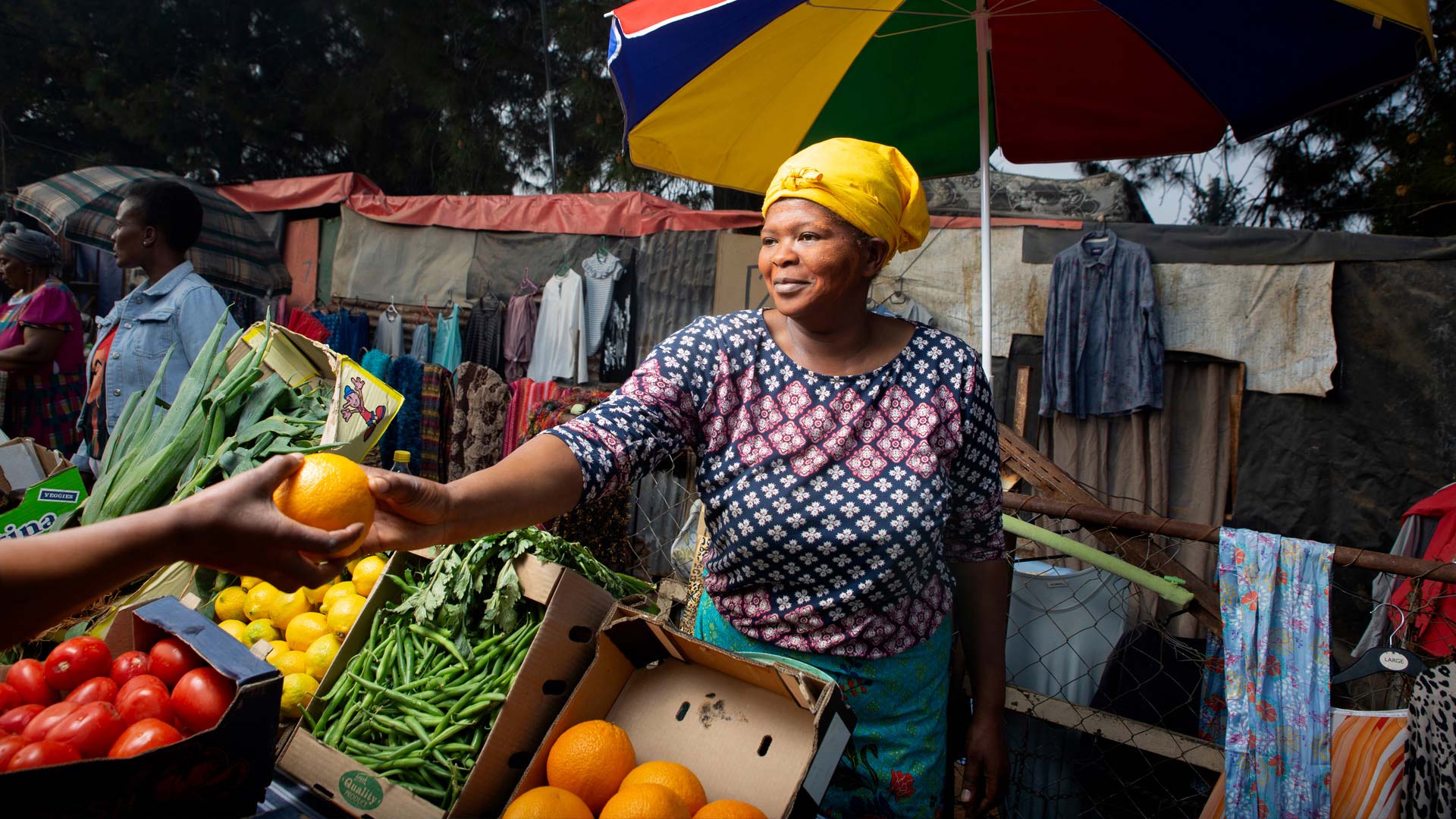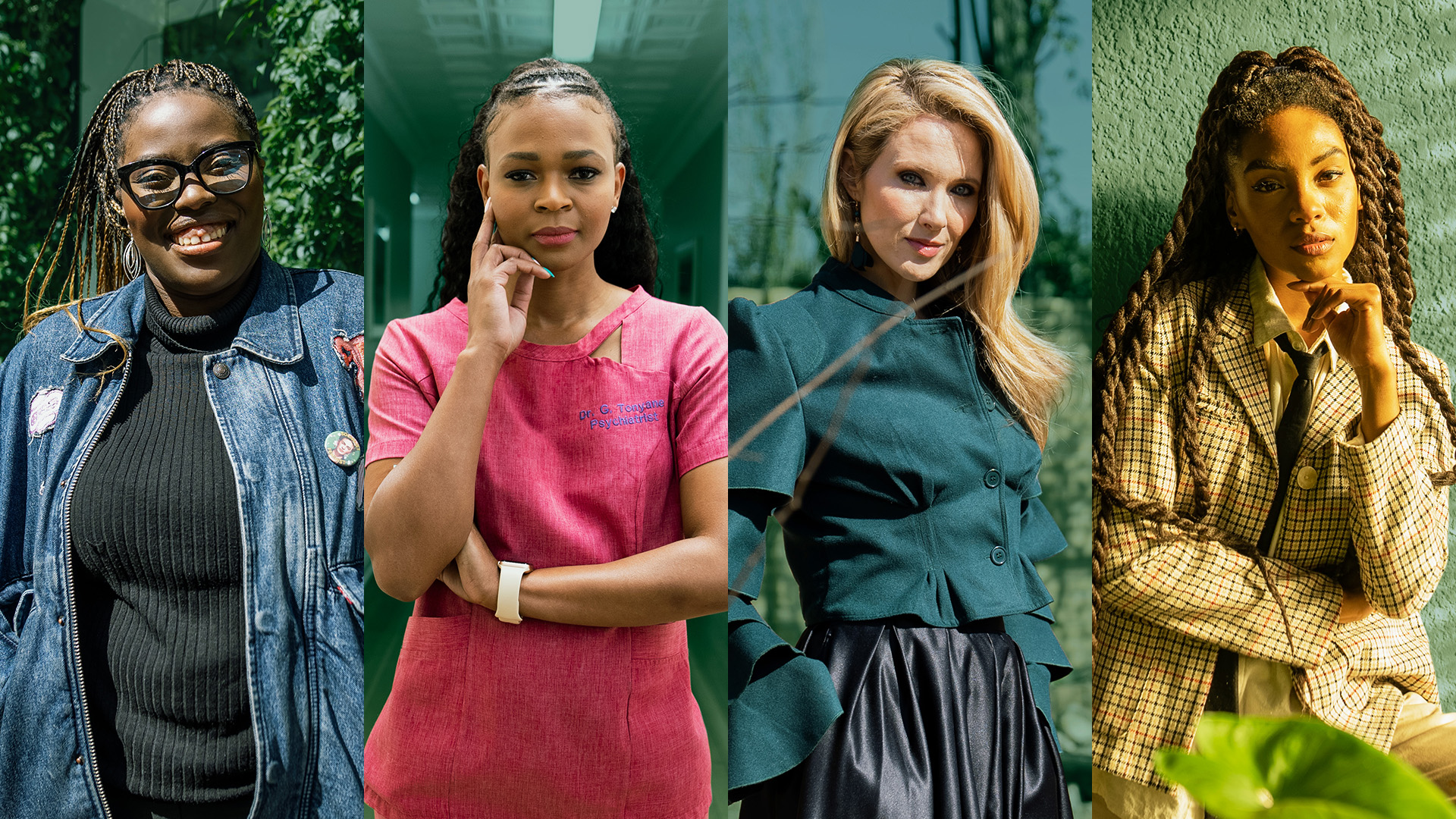Did you forget that World Bee Day is on 20 May? If you did, you’re not alone.
Life gets hectic, and there are just so many days for worthy causes on the calendar these days, aren’t there? What’s the big deal about bees anyway?
Well, actually… without them we could lose as much as a third of our food supply. That’s a pretty big deal, not matter how you feel about bees.
Why bees are important
Only honeybees can make honey
Honeybees turn the nectar they drink from flowers into honey with an enzyme in their gut, and we can’t make honey without them. There are more than 20,000 different bee species on earth, but only 8 of them are honeybees.
Humans have used honey for hundreds of thousands of years. It’s a high-energy food that can be stored for a very long time, and it has antiseptic properties used to treat wounds and sore throats.
As rock paintings in both Europe and Africa show, we once searched for beehives in the wild, but later invented protective structures and invited the bees in. Beekeepers have been farming bees for their honey and wax in purpose-built hives for more than 4,500 years.
If those 8 vital species of honeybee were to go extinct, we would no longer have honey in our pantries or our medicine chests.
However, as much as we’d miss honey, it’s not the only food we’d lose if bees were to disappear. Without bees, we might face a wider crisis of food security.
Bee populations worldwide are decreasing at an alarming rate and scientists can’t agree why
Bees pollinate about 35% of our food sources
Although only 8 types of bee produce honey, that doesn’t mean the other 20,000 species sit around doing nothing – after all, they’re supposed to be as busy as a bee! Bees of all species feed on nectar and pollen, acting as pollinators all day as they move from flower to flower collecting food.
Some plant species can’t self-pollinate – their flowers must receive pollen from another plant to fertilise their ovaries before they can grow seeds and fruit. Trillions of worker bees around the world spend all day picking up pollen while they drink nectar in 1 flower, only to rub some of that pollen off in another flower, ensuring healthy cross-pollination and plant reproduction.
Just over a third of our crops are pollinated almost exclusively by various species of bee, so losing bees would be a massive blow to human food security. Without bees, you might have to say goodbye to tomatoes, avocados, apples, pears, plums, peaches, oranges, naartjies, coffee, a variety of nuts, strawberries, blueberries, cherries, onions, potatoes, and a host of other fruit and vegetables.
The crops listed might not go extinct immediately if bees disappeared, as humans can artificially pollinate many plant types by hand. However, this is a very labour-intensive form of food production, so crops produced like that would become expensive luxuries.
Bees build biodiversity
By cross-pollinating plants, bees create new combinations of genes and more diverse plant populations. The pollen that bees spread can result in new genetic combinations that deter pests or survive better in soil missing certain nutrients, until they become general features of a plant species.
At the same time, bees are also an important link in the food chain: a variety of birds, reptiles, amphibians and other insects feed on bees, and mammals like bears and honey badgers will brave the stings of wild hives to steal honey.
Bees support both plant and animal biodiversity. Losing bees would mean that some plants would not be able to reproduce and some animals would lose a food source, so the extinction of bees could be a contributing cause to knock-on extinctions.
How threatened are bees?
Bee populations worldwide are decreasing at an alarming rate and scientists can’t agree why. Some experts blame habitat loss, others believe it’s pesticides, while some point the finger at climate change. Of course, it could be all 3 of those factors together, plus others that we haven’t considered. The reality is that 50% of honeybee colonies in the United States died in 2022, and conservationists are reporting a drop in wild and farmed bee numbers around the world.
We won’t just find ourselves in a world without honey – we’ll also be facing serious threats to our food security
Many local fruit farmers already rely on beekeepers every year, because there are not enough wild bees around to pollinate fruit trees in spring. Beekeepers will station a mobile hive in an orchard for a few weeks so that the bees can feed among the blossoms, which not only pollinates the fruit, but also creates honey with a specific taste and aroma.
Without bees, millions of plants would eventually die out, our food security would dwindle, and entire ecosystems would slowly collapse.
Helping our African bees
In South Africa bees pollinate more than 50 agricultural crops worth more than R10 billion a year, and our natural floral kingdoms also rely on many different kinds of bees. We cannot afford to abandon either group. Partners like the WWF Nedbank Green Trust, the South African Bee Industry Organisation and the Western Cape Bee Industry Association are working together to give our African bees the help they need. Spreading awareness and getting all South African on board are vitally important, but Nedbank’s interventions go far beyond spreading the word.
Nedbank and our partners are also taking on important practical projects, like replanting indigenous vegetation that supports and sustains bees, to make sure enough of them survive to pollinate our crops and wildflowers. Other projects are already in full swing, such as freeing up water resources to help local plants thrive, reducing human threats to bees, and training beekeepers in biodiversity hotspots.
Be better to bees
If we don’t act soon, we won’t just find ourselves in a world without honey – we’ll be facing serious threats to our food security. Start helping bees today. Read up on how to make your home or garden more bee-friendly, learn which products are harmful to bees so you can avoid buying them, and support organisations helping to save bees and the environment.
World Bee Day celebration
Why pollinators, the threats they face and their contribution to sustainable development is important.








